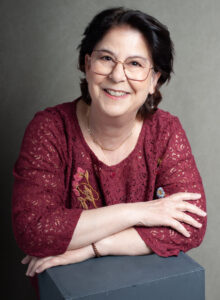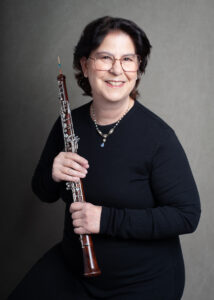Welcome
About Spiritual Care

My name is Susan Katz. My work is to provide insights and sacred music, and to assist you when you are seeking direction. On my website you will find a variety of avenues of approach towards your spiritual wellbeing, including my Blog posts and Newsletter signup. My services include Spiritual Care Counselling, Intuitive Consultation and Training, and Sacred Music.**
I am a Professional Spiritual Healthcare Chaplain, offering Spiritual Care Counselling and Intuitive Guidance. My sessions are particularly designed to help you develop your own energetic self-management.
I play the Oboe and love hearing its plaintive and evocative voice. Notably, this music penetrates deeply into the soul, making it a particularly ideal instrument choice for sacred music.
Whether teaching courses, sitting at bedside with patients, or with clients in my private office, the focus remains; on providing the sacred work of Presence, of going alongside those who are striving to find spiritual connection that may have been lost, and who have the desire to find it once again.
My Certifications include: Grief Recovery Training, and Peer Group Facilitation. I am a Member, with Professional Practice Insurance, of the Canadian Association for Spiritual Care (CASC), the Neshama: Association of Jewish Chaplains (NAJC), the American Jewish Medical Association (AJMA), and Spiritual Directors International (SDI). I am a Freelance Musician, and play the Oboe and Cor Anglais.
More details about my education, credentials, and career path can be found at my profile in LinkedIn.
Thank you for visiting!

